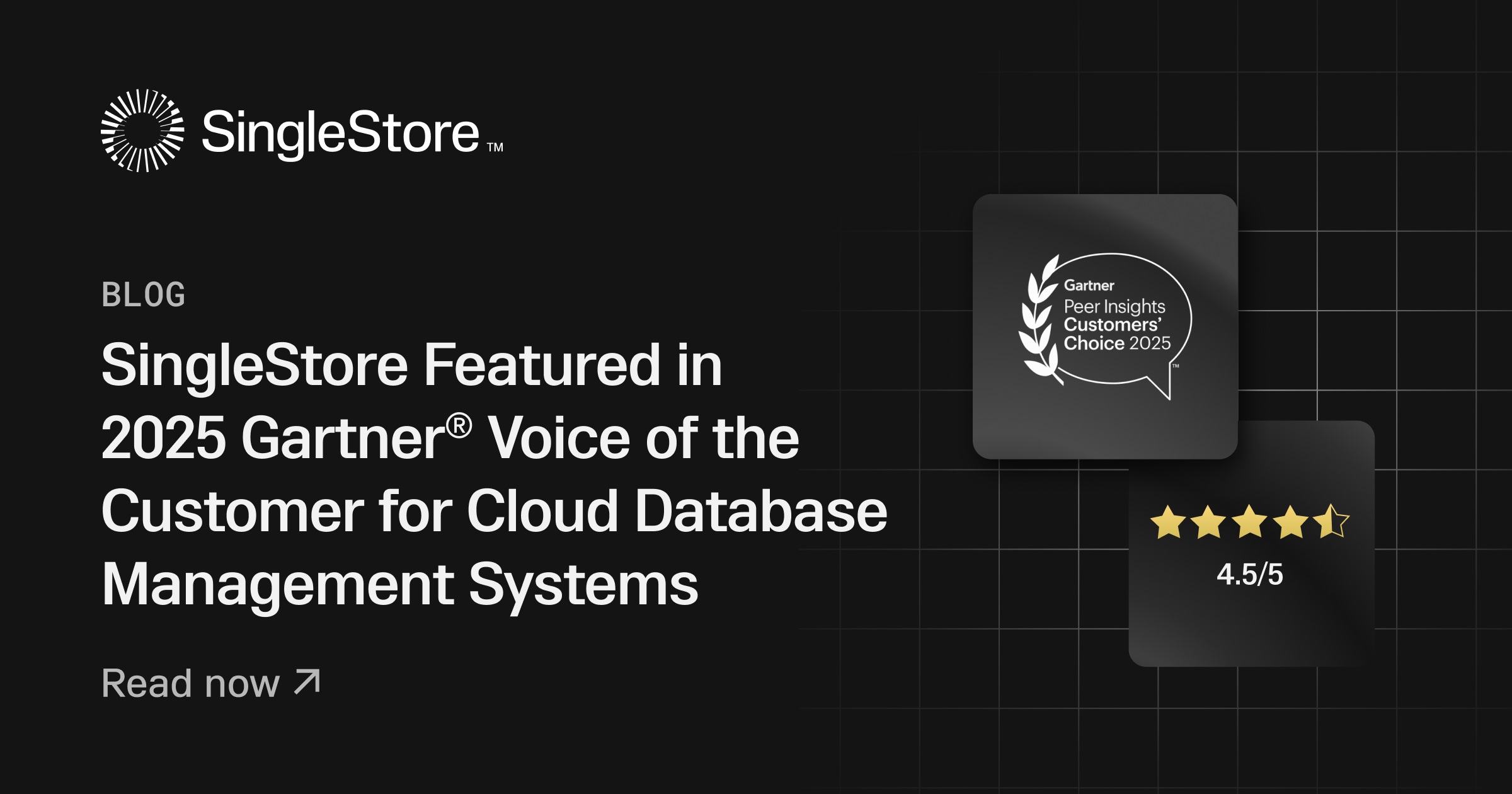User research can be rewarding – but sometimes, it’s hard. Really hard.
One minute you’re asking how someone uses a digital service. The next, they’re telling you something deeply personal – sometimes sensitive or even traumatic. These moments are rare, but they do happen. And when they do, we need to be prepared. Both to support participants and protect our researchers and our teams.
Why planning matters
We plan every research activity sensitively and with safety at heart. Questions we regularly ask ourselves include:
- have we built in extra time for breaks or emotional space?
- have we chosen safe interview locations – research labs are best, public places can work, and only visit people’s homes if absolutely necessary (and take someone along with you)?
- what are the escalation routes, especially when working with children?
- have we offered companions for vulnerable participants – while balancing the need for honest responses?
- is everyone aware that it’s ok to stop, even if the session feels incomplete?
- have we checked in with researchers before and after to make sure they feel safe and supported?
These are part of the ethical responsibility we take seriously.
This planning stage helps make sure that we’re prepared for the unexpected. And in user research, the unexpected is more common than you might think.
When a simple subject takes a hard turn
Even seemingly light topics can take a serious turn. In one research study about moving house – packing, removals, bills and utilities – most participants described the usual stress. But one woman became visibly upset. She explained she had to move quickly due to domestic abuse.
In situations like this, even well-meaning reactions can cause harm. Trauma-informed practice teaches us:
- don’t press for details, even if they seem relevant.
- don’t try to solve the problem or steer back to the research too quickly.
- do acknowledge what’s been said with care: “Thank you for sharing that – it sounds like it was a really difficult time.”
We avoid making assumptions or showing pity with phrases like “You must have been terrified” or “You should call the police.” Instead, we stay present and steady. Neuroscience tells us that calm behaviour helps others regulate their own stress. Offering water, a break, or the chance to pause helps create calm. Even confirming they’re happy to continue with the session can restore a sense of control.
Later, we let the participant guide what happens next:
We don’t need to continue if you’d prefer not to.”
You’ve already shared a lot that will help us improve things for others.”
If the conversation feels safe enough to continue, we still offer lightness. Not minimising their experience, but giving them the chance to move to a neutral topic:
If it helps, we can talk about something else, or I can just thank you and let you get on with your day.”
We finish by making it clear they’re in control of what happens to their data:
You’re in control of what we keep.”
But we’re also honest about limits to confidentiality. We provide consent and information sheets to all participants before each session. And on the very rare occasion where a safeguarding concern is presented, follow-up action may be needed.
Why we trained the whole team in trauma-informed practice
Because of these real-world complexities, we knew that planning on its own wasn’t enough. We also needed to invest in equipping our people with the right tools and frameworks.
Last December, our whole user research practice took part in trauma-informed practice (TIP) training. We brought in Kate Cairns from KCA Training who specialises in this type of work and spent a full day exploring what trauma-informed practice really means in the context of user research.
The session included an introduction to the principles and theory, but most of the time was spent in scenario-based exercises – thinking about how we use language, how we recognise signs of discomfort and how we can reduce the risk of retraumatising people we’re speaking to.
Our user researchers at Made Tech, often work on public services in areas such as health, justice or housing, where the people we speak to may have experienced trauma.. Even where the topic being discussed seems relatively neutral, participants can sometimes disclose unexpected and sometimes very personal information.
That’s why it was important for us to train the whole team. We needed to be confident that anyone running research was equipped to respond in a sensitive, ethical and appropriate way and to create a psychologically safe environment for participants.
Real-world complexity in user research
Public services are often used during times of stress, grief or crisis. Our job as researchers is to understand what people need, even when they can’t always say it, by listening to their experiences and the context they’re in.
⚖️ Working with victims
In our work, we often speak with people who’ve been through very difficult experiences, but you don’t always know what someone will say.
They may open up about personal experiences such as serious illness, past traumas, or other life-changing events – even when these aren’t the focus of the discussion.
There’s no script for those moments. What matters is being able to hold space for the person, recognise what’s been shared and steer the conversation in a way that feels safe for them and for you.
🌊 Hearing distress in the detail
As part of a project exploring how councils respond to anti-social behaviour, we heard stories that showed the real emotional impact such experiences can have.
People described feeling unsafe in their own homes, with fears around noise, suspected drug use and possible retaliation shaping how and when they chose to speak.
Thanks to the training we’d had, our team knew how to recognise the signs and respond by adjusting the pace and direction of the session. We didn’t need to ask about the distress directly. We just needed to listen and give space for people to speak through their experience of anti-social behaviour.
🧒🏽 The complexities of researching with children
We also occasionally run research with both children and school staff. I’ve spoken to very young children myself, but others on the team have worked with teenagers, which can be especially complex.
Before these sessions, we think carefully about how to plan for safety – both theirs and ours. For example:
- do we have the right team involved?
- have the teams been pre-briefed in terms of expectations?
- would the children benefit from having a trusted adult along with them at the session?
- how do we build in breaks?
- do the researchers know what the escalation routes are if they hear something concerning?
Even something as simple as knowing when to stop an interview can make all the difference. It sounds obvious, but in the moment – when you want to finish your discussion guide or collect that last bit of insight – it’s easy to keep going when you shouldn’t.
Supporting our teams too
At Made Tech, we embody best practices – we follow the code of conduct from the Market Research Society, GDPR and Government Digital Service.
But our standards don’t just echo the best practice – at Made Tech we go further. We also address how to support our own teams during and after emotionally intense research.
Trauma-informed research isn’t just about participants. Researchers and delivery teams get affected, too.
On one project, our user research team dealt with death-related cases every day. Applying our best-practice standards, we planned rest days to help everyone process the emotional load.
Good research is about planning and protecting
We often say good user research is about listening. But it’s also about planning, protecting and responding with care.
Trauma-informed practice doesn’t just help us gather better insights. It helps us build better services and relationships. Relationships rooted in trust and respect.
For more information about our user-centred design services take a look at our web pages.
The post Doing sensitive user research, responsibly appeared first on Made Tech.




